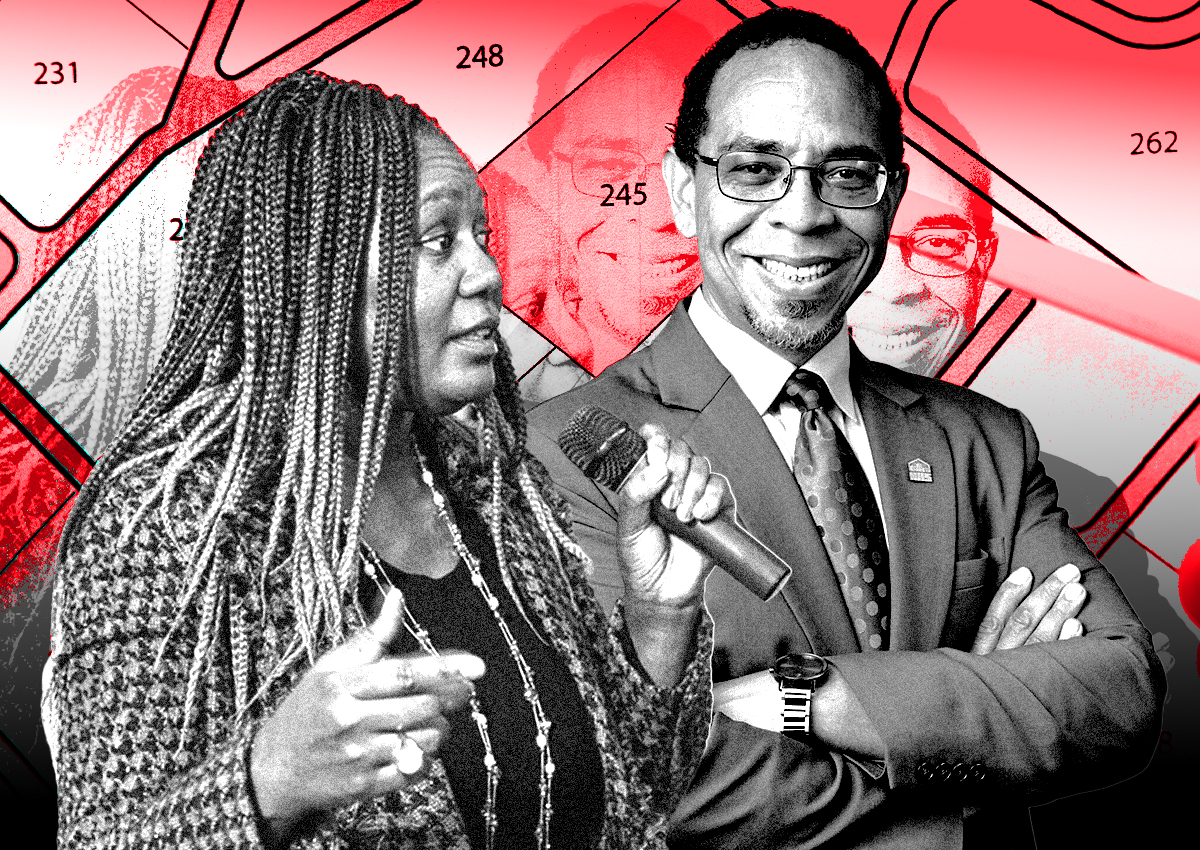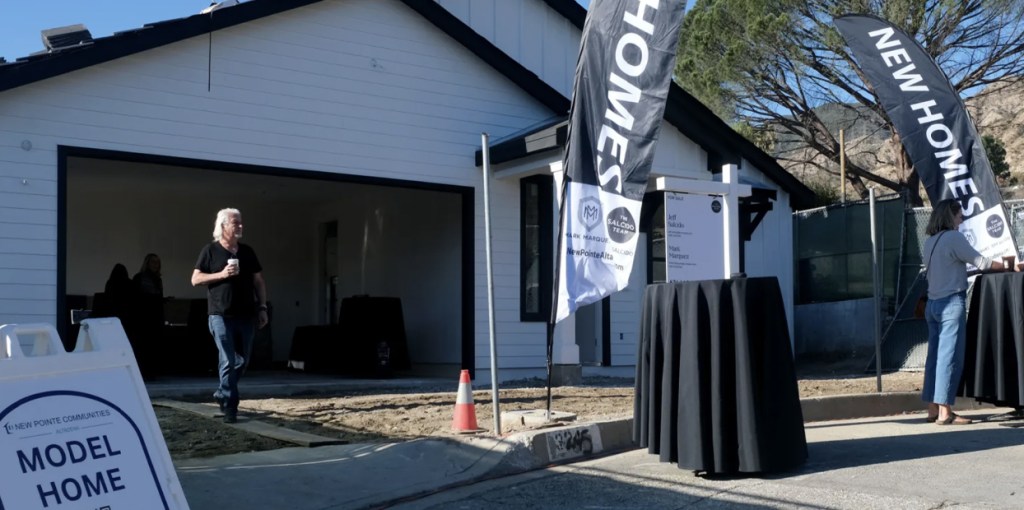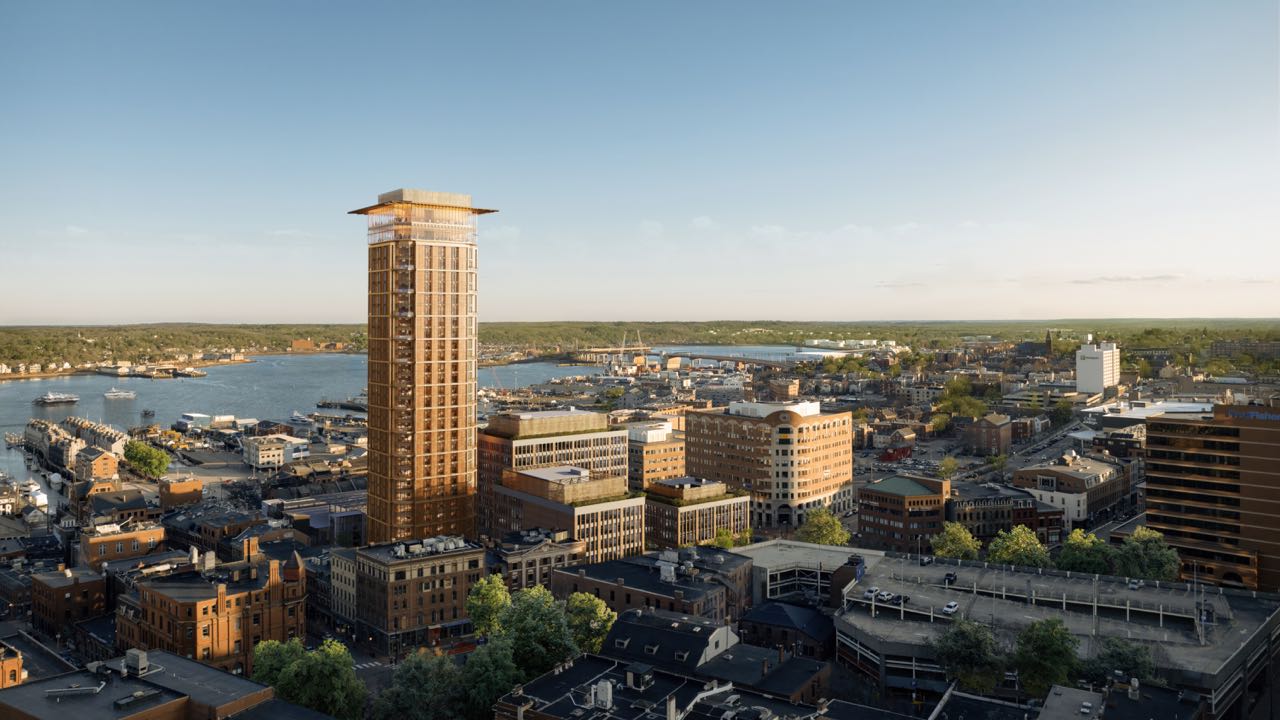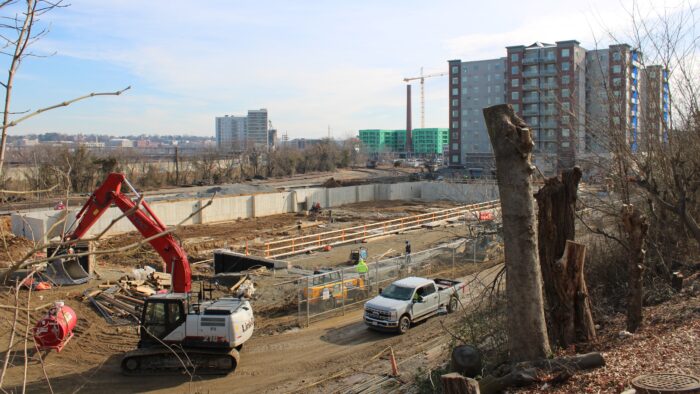A
community group in Chicago's South Shore neighborhood is pushing for significant changes to a proposed housing ordinance aimed at protecting low-income renters. The Neighborhood Network Alliance wants to revise the South Shore Housing Preservation Ordinance to shift its focus from low-income housing to middle-income homeowners, who they say are at risk of displacement. The nonprofit argues that the current proposal prioritizes low-income renters too heavily.
The original ordinance would reserve 166 city-owned vacant lots for affordable rental housing, with 75% designated for households earning 30% or less of the area's median income. It also proposes banning move-in fees and capping security deposits. However, the Neighborhood Network Alliance suggests reserving no more than 20% of city-owned residential land for low-income apartments, leaving the rest for middle-income homeowners.
The nonprofit has proposed exempting local landlords from certain renter protections and redirecting funds to existing nonprofits like the Neighborhood Housing Services of Chicago. "The proposal as written is very low-income heavy," said Val Free, executive director of Neighborhood Network Alliance. Anthony Simpkins, president of Neighborhood Housing Services of Chicago, agrees that middle-income residents need protection and economic assistance.
Alderman Yancy disagrees with scaling back renter protections, saying it would harm the large renter population in South Shore. He believes the ordinance aims to provide financial resources for both renters and homeowners.














